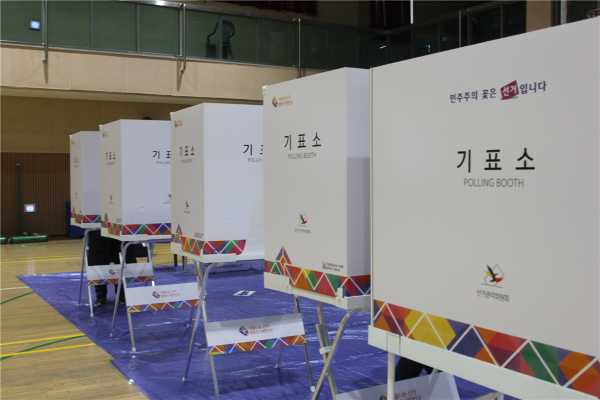
The South Korean National Assembly has proposed amendments to the Public Official Election Act to introduce mail-in voting and, eventually, electronic voting in overseas elections to increase voter turnout among overseas Korean citizens. However, with a history of similar bills failing to pass, it is expected that this bill will also face difficulties in the National Assembly.
Proposed Amendments
Introduction of Mail-in Voting:Ballot papers will be sent to overseas absentee voters via trackable mail 16 days before the election day.
Voters will mark their ballots and send them back to the Overseas Election Commission via trackable mail in a return envelope.
Introduction of Electronic Voting:The National Election Commission will be authorized to conduct electronic voting and counting using computers or mobile devices in overseas elections.
Specific methods and procedures will be determined by the National Election Commission regulations.
Others:The candidate registration period for National Assembly elections will be advanced to allow for overseas absentee voting.
Applicants for overseas absentee voting registration will be required to indicate whether they intend to vote by mail.
The National Election Commission will create a separate voter list.
Current Overseas Election System and Issues
Under the current Public Official Election Act, only up to three overseas polling stations can be established. This has led to persistent criticism that voting convenience is significantly reduced in large regions, such as the area under the jurisdiction of the Los Angeles Consulate General in the United States, and that the voting rights of overseas citizens are not adequately guaranteed. While the introduction of mail-in voting has been discussed as an alternative, it has repeatedly failed due to security concerns.
[Copyright (c) Global Economic Times. All Rights Reserved.]






























